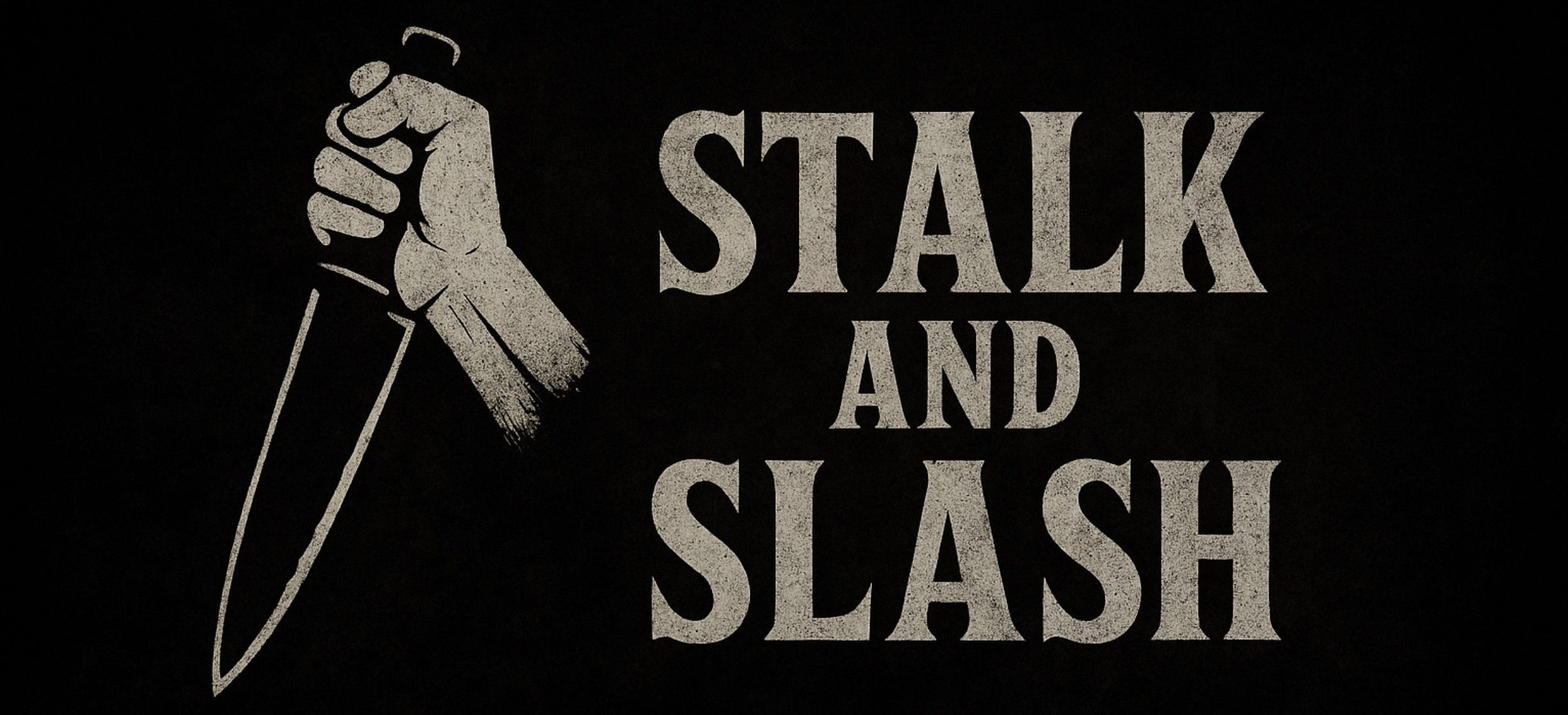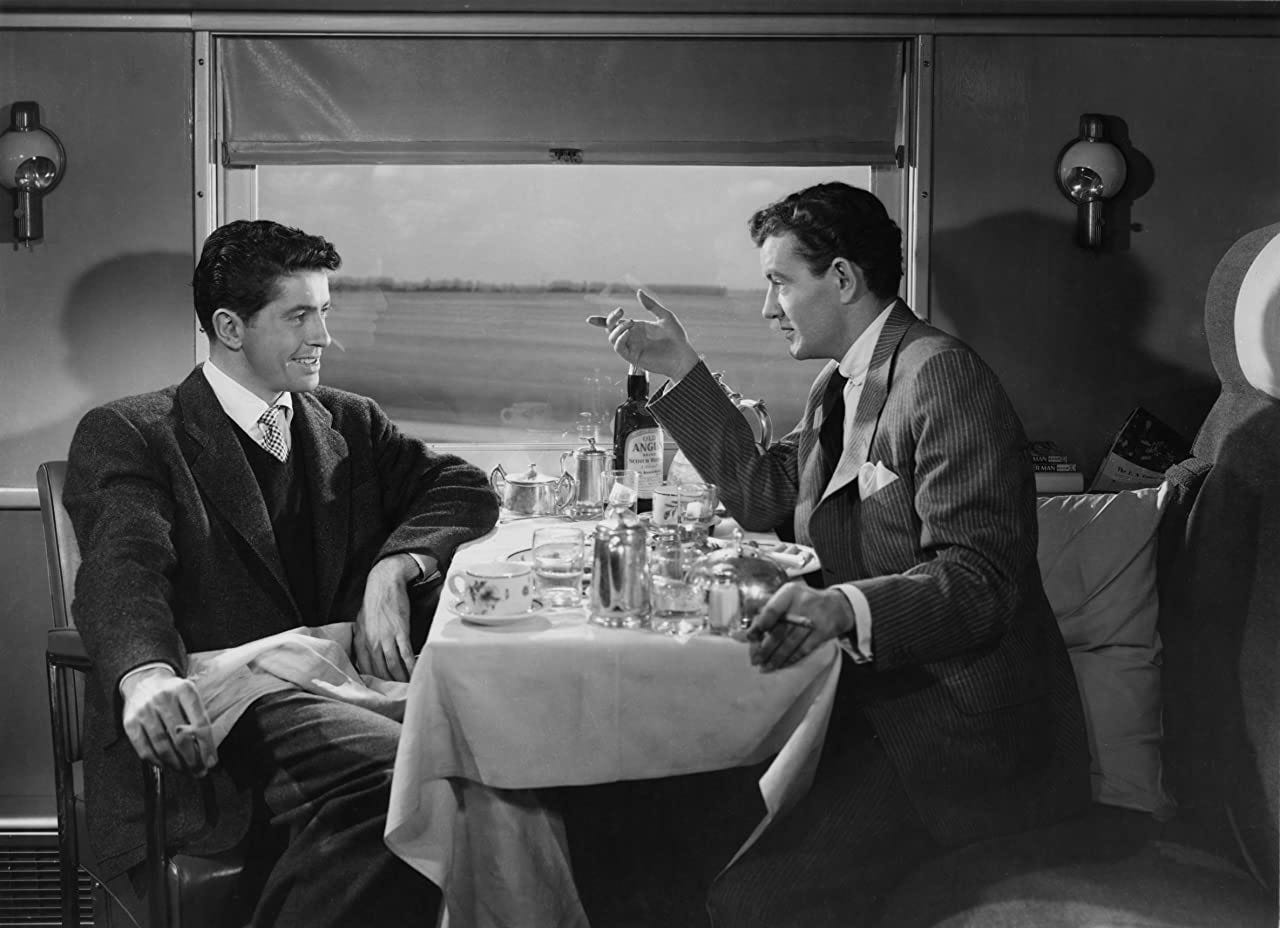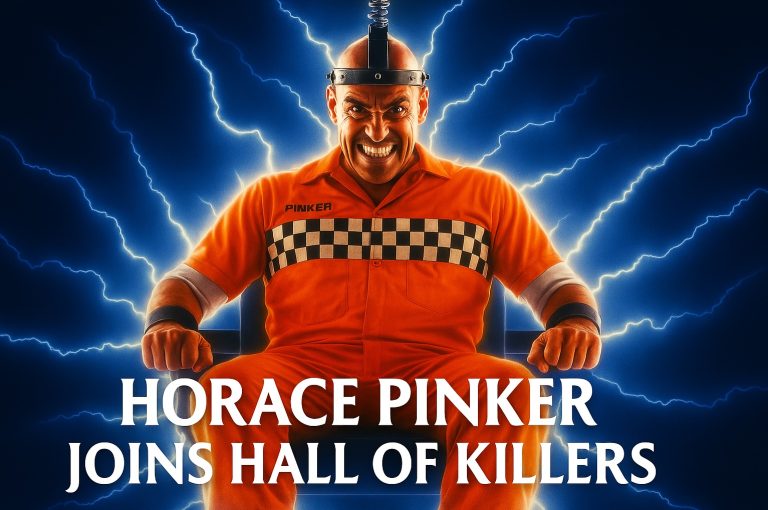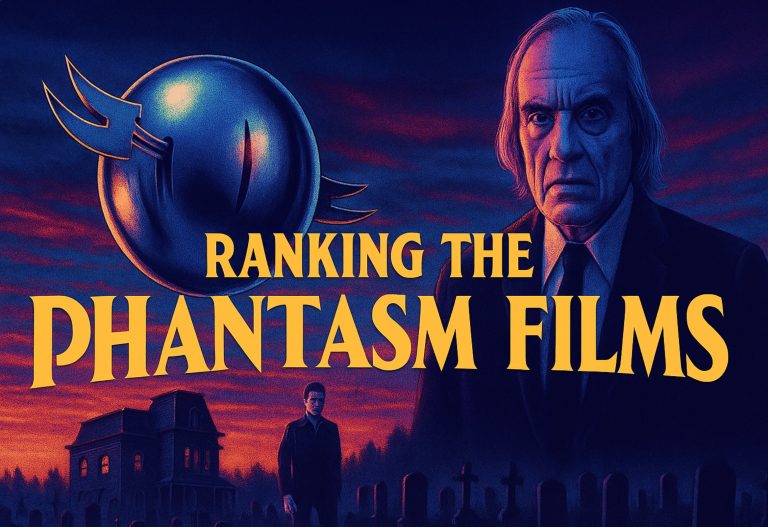Where Is David Fincher’s Strangers On A Train Remake? A Missing Persons Case Worth Reopening
There are mysteries, and then there are David Fincher mysteries, the kind that make you check every corner of a dark room while muttering about motive and obsession. So it feels rather poetic that one of the greatest directors of our time appears to be the subject of his own unsolved case: where on earth is David Fincher’s Strangers On A Train remake?
Announced back in the heady days of the early 2010s, the project was set to reunite Fincher with Ben Affleck following the icy success of Gone Girl. The plan was to update Alfred Hitchcock’s 1951 classic for the modern age, swapping tennis whites and polite sociopaths for something slicker, nastier and probably more sweat-stained. Affleck was reportedly going to play a celebrity whose life takes a dark turn when a stranger offers him a murderous trade. For a while, it all sounded very Fincher — obsession, guilt, voyeurism, murder and probably a killer opening credits sequence featuring Trent Reznor’s music and a close-up of an espresso machine.
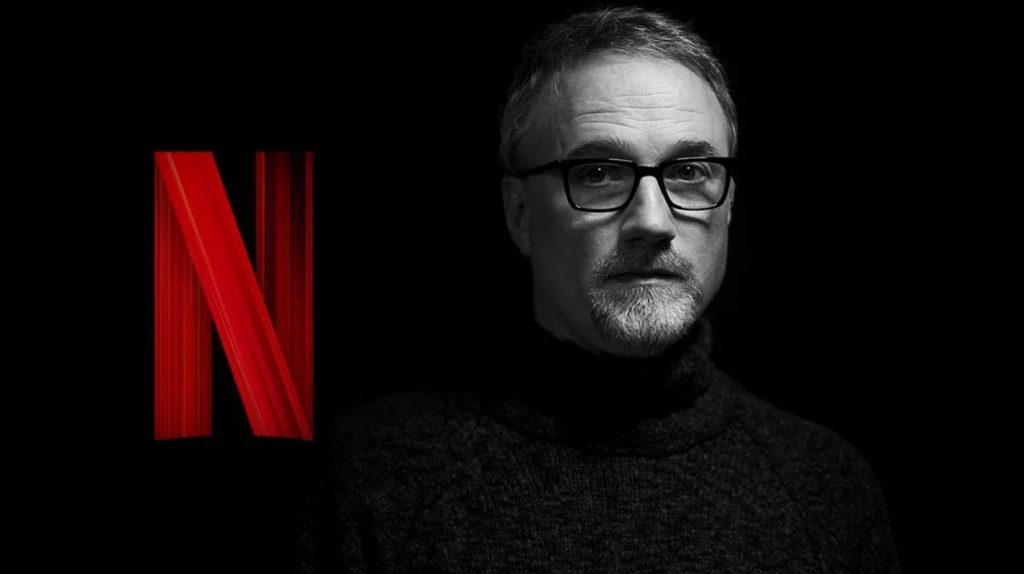
But then nothing. Silence. The kind of silence that even the detectives from Zodiac would find uncomfortable. The project drifted into development limbo, occasionally resurfacing like a ghost story whispered on film forums. Then last year, rumours started to circulate again. Fincher was said to be in talks to finally make Strangers On A Train for Netflix, the streaming service that has effectively become his cinematic home. Yet since then, not a whisper. No casting, no release date, not even a cryptic post of a train ticket.
This is especially baffling given Fincher’s productivity. Since those first whispers, he has made Mank — his black and white love letter to old Hollywood — and The Killer, a chilly, clinical assassin thriller that made audiences everywhere feel slightly guilty for checking their email mid-film. Both were excellent, of course, but neither involved a cross-country murder pact or a fancy dinner scene ending in psychological destruction. Which feels like a missed opportunity.
To understand why Fincher’s Strangers On A Train remains such an alluring prospect, we need to talk about the original. Alfred Hitchcock’s 1951 version, adapted from Patricia Highsmith’s debut novel, is one of the most elegantly constructed thrillers ever made. The plot is deliciously simple: two strangers meet on a train, one an amateur tennis star, the other a wealthy psychopath with a mother complex. The psychopath suggests they swap murders to avoid suspicion. One will kill the other’s troublesome wife, and the other will dispose of his father. It is the perfect crime, until, of course, it is not.
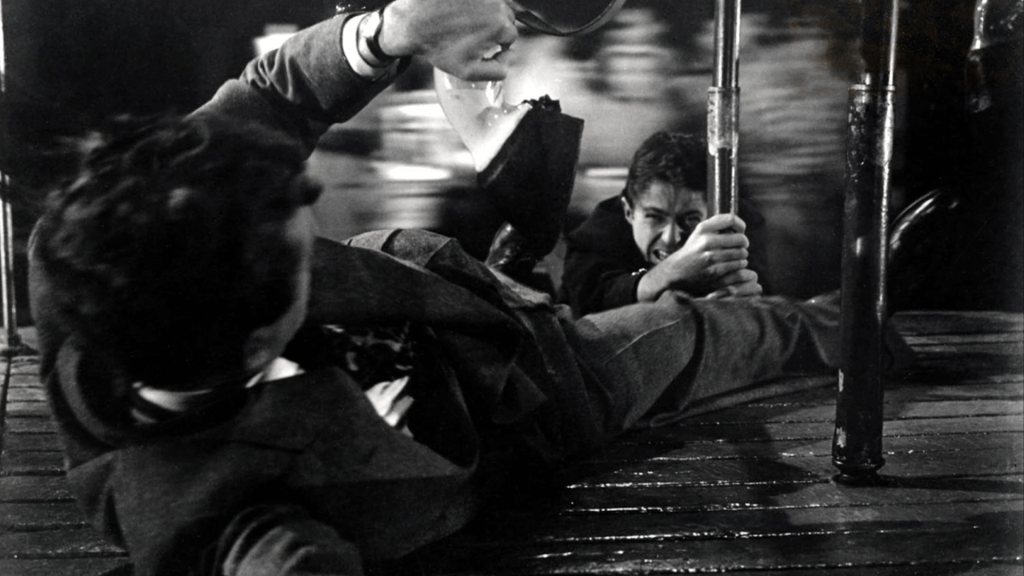
What makes Hitchcock’s version such a masterpiece is its playful nastiness. The film is stylish, sharp and deeply unsettling, yet it never forgets its sense of humour. Strangers On A Train is Hitchcock at his most mischievous, gleefully exploring how easily polite society masks madness. It also contains one of the greatest sequences in cinema history, a murder reflected in a pair of fallen spectacles, proving that even seventy years ago, Hitchcock could out-direct most modern thrillers using little more than lighting and nerve.
So why would Fincher be the perfect heir to this particular story? Because Fincher, like Hitchcock, is a director obsessed with control. Both men are technicians, precisionists and slightly sadistic in how they manipulate their audiences. Fincher’s films often hinge on moral corruption and duality, the same territory Strangers On A Train gleefully wallows in. The idea of him reimagining Highsmith’s tale for the modern age, with all its paranoia, fame obsession and digital footprints, is tantalising. Just imagine what he could do with that famous carousel finale using today’s technology and his trademark colour palette of cigarette ash and anxiety.
We also know Fincher can handle this kind of material because he already proved it with his remake of The Girl With The Dragon Tattoo. That 2011 adaptation was stylish, chilling and surprisingly faithful, managing to capture the Nordic chill of the original while adding his own surgical precision. Some purists insist the Swedish version is superior (they are wrong, and we will die on that hill), but Fincher’s version remains a benchmark in how to remake a beloved story without turning it into a crime against cinema.
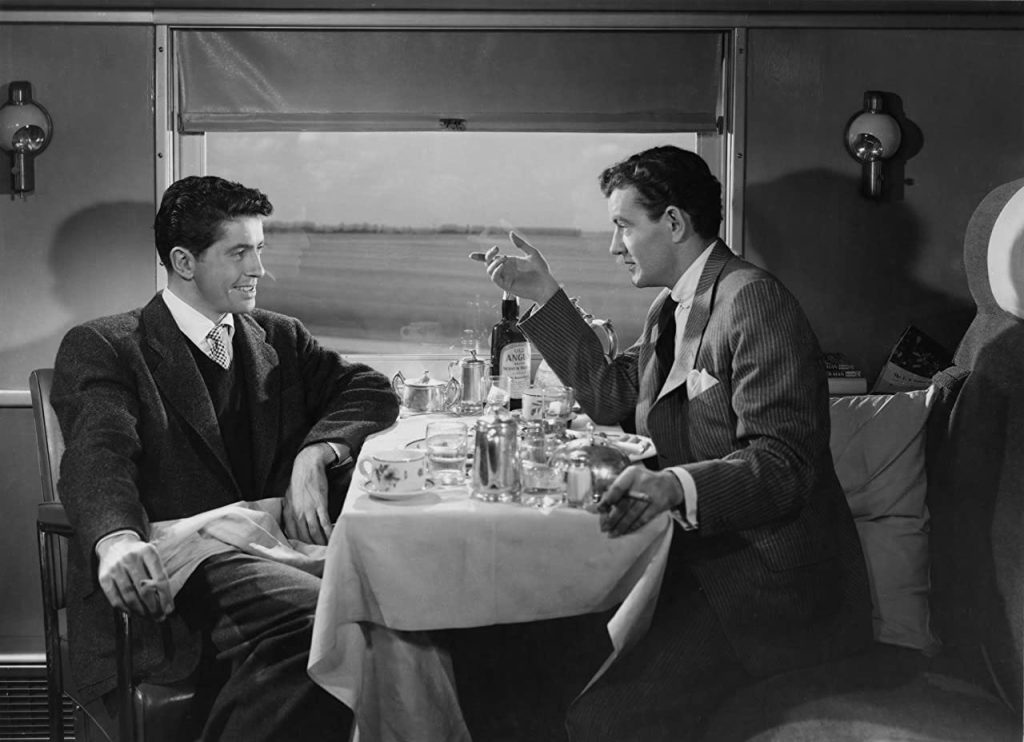
And yet, despite all this potential, Strangers On A Train remains the phantom project of Fincher’s filmography. Somewhere, there is probably a beautifully formatted script sitting on a hard drive, guarded by Netflix executives and a dozen NDAs. Perhaps Fincher is simply too busy perfecting his next masterpiece. Perhaps he is quietly fine-tuning camera movements in Squid Game: The Challenge Remake, which he is rumoured to be overseeing next. Or perhaps, in true Fincher fashion, he is just waiting for the rest of us to lose patience so he can deliver it when we least expect it, like a cinematic punch to the gut.
Either way, we are ready. We want to see Fincher’s take on Highsmith’s morally deranged world, the gleam of steel rails, the hum of fluorescent light, the soft sound of murder in progress. It has been over a decade, and the train is still sitting at the station, engine humming, waiting for its conductor to climb aboard.
So come on, David. Finish your Squid Game remake, put down the espresso and hop on that train already. We have been waiting far too long for this ride.
